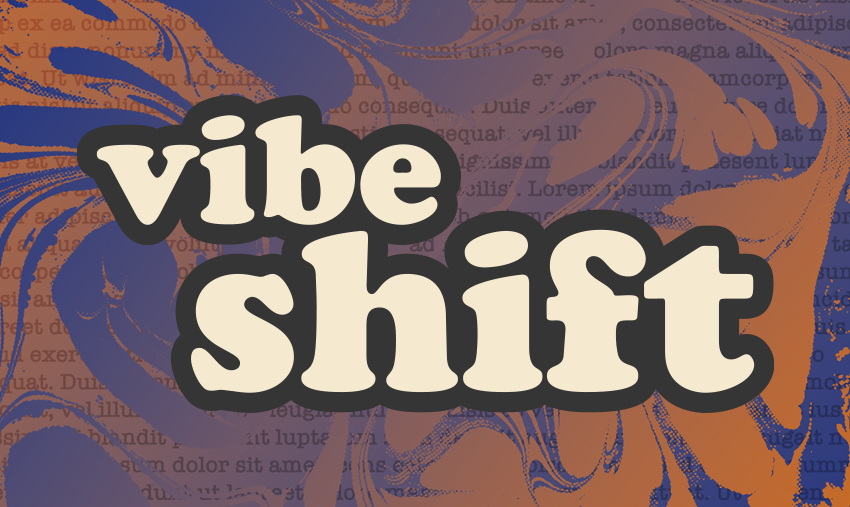TF Is Up With “TF”?
For better or worse, algospeak might just (sort of) uncoarsen us all

So far, I have been able to maintain the tenuous status of Occasional TikTok User. As a cringey millennial, I spend more time on Instagram. This means I’m usually finding out about the day’s hottest TikTok Trend a few days after its heyday, and so it went with late February’s epic, 50-part saga: “Who TF Did I Marry?”
For a few brief days, the internet was captivated by Ressa Teesa’s tale of deception and intimate betrayal. While I’m happy for her liberation and newfound virality, I ain’t reading all that. I’ve read a few explainers, but personally I’m more interested in the title Teesa chose for her long yarn.
What TF is going on with that “TF”? Did Teesa keep it PG because of her own sensibilities? Or was she, consciously or not, hewing to the norms of algospeak so as to not be demonetized? And in real life, do people discussing her story really say “TF,” or are they willing to offend all their grandmas by actually saying–brace yourselves–“fuck”?
While I’m rarely convinced that the latest TikTok trend will really change the language on a large scale, I do think algospeak might be a bit more influential than some other patterns we’ve seen since the app commandeered so many brains. Algospeak–“coded terminology designed to evade algorithmic detection”–has legs for a few reasons. First, taboo avoidance is a well-documented phenomenon across human languages. Humans generally love to bowdlerize things like body parts, drugs, and sex acts. It’s fun, it’s creative, and it allows us to decide whether we want to be grandma-approved or transgressive in different contexts.
Secondly, TikTok by nature is a “monkey see, monkey do” type of social setting. Influencers literally bank on the fact that if they stumble across a new thing, they’ll make money off hundreds of teenagers who copy their style. So effectively, if a popular creator like Teesa starts using “TF,” others are likely to follow suit… on TikTok at least.
Finally, algospeak is fundamentally a market-driven phenomenon. According to a CNBC survey, 57 percent of U.S. teens say they’d like to become an influencer. The idea that a “regular” person could go viral on a random Tuesday is exciting to a lot of young people–and successful influencers do earn significant sums for their posts. But of course, this never happens if the TikTok algorithm hides it over an F-bomb. Content-makers have a powerful financial incentive to make sure that they don’t anger the almighty algorithm.
So, will Americans all start sounding like wholesome 1950s TV characters who say things like “cheese and rice”? I’m not worried about that. Swearing serves a number of important social functions like expressing strong anger and building solidarity. But I do think strong language could continue to be less prevalent on social platforms, and in other contexts where swearing may backfire.
Let’s just grab some F’in popcorn, and wait and see how TF the young people react to the algorithm, shall we?
Vibe Shift is a column by linguist Nicole Holliday that examines how words and phrases are moving across the internet. Each month, we’ll explore new topics related to how the language and culture are changing.
